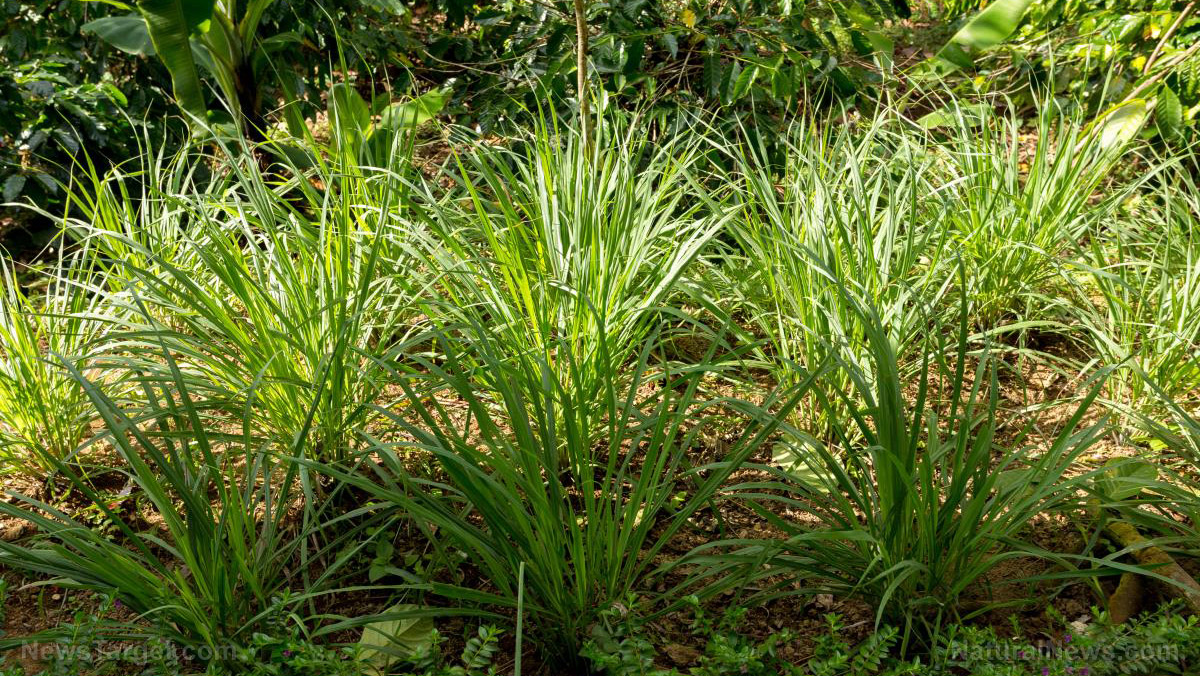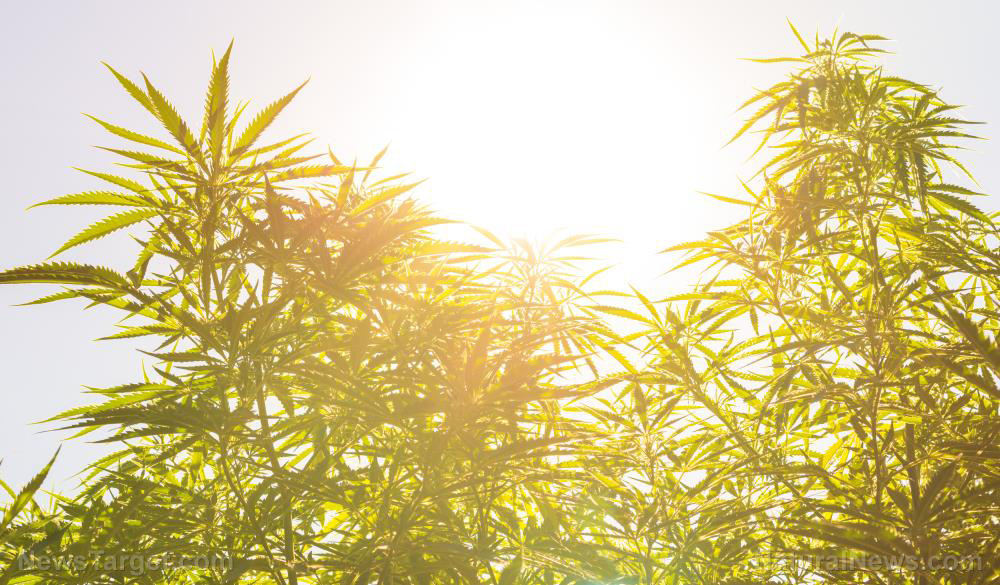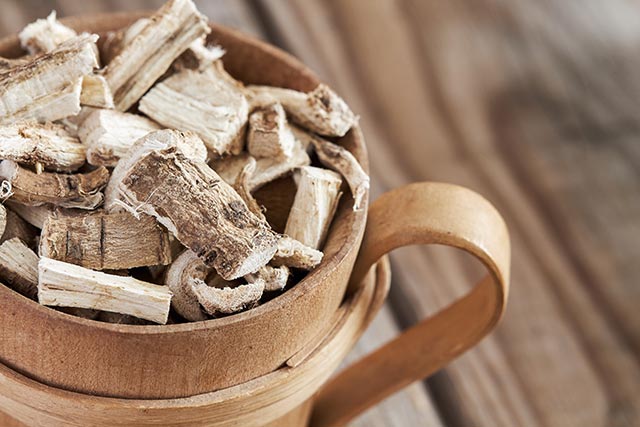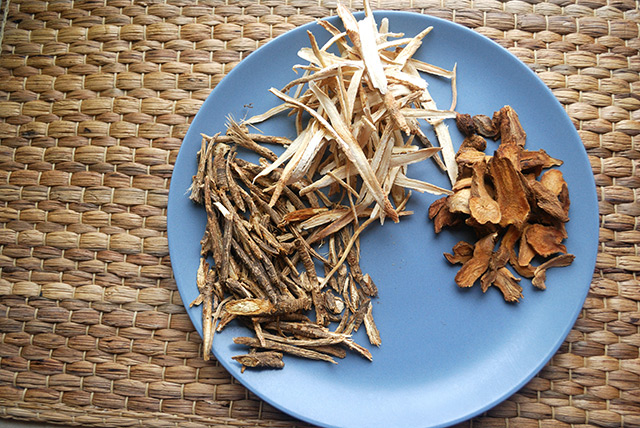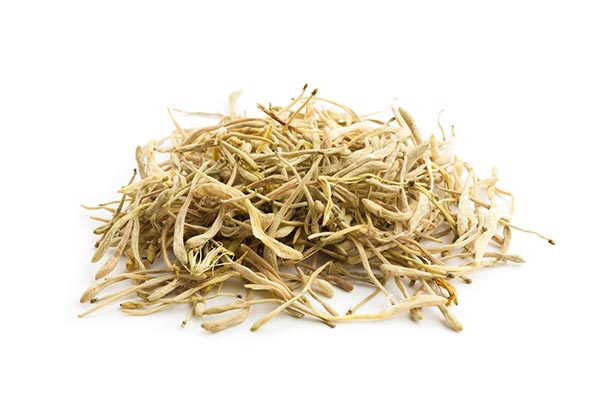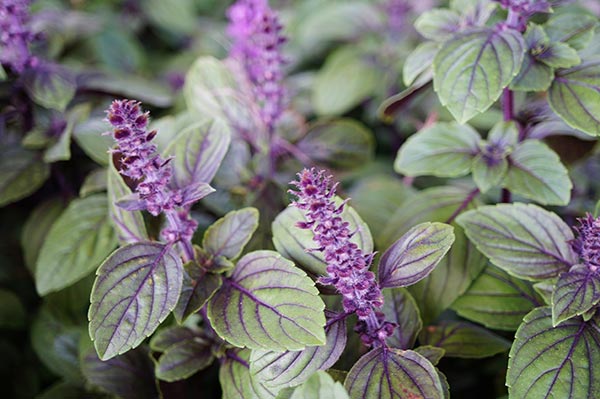Study: Despite having “the munchies,” marijuana use is linked to a lower risk of becoming obese or overweight
10/09/2019 / By Isabelle Z.

Using marijuana might make you hungrier, but that does not mean that people can expect to gain weight from it. In fact, one study shows quite the opposite: Despite having “the munchies,” those who use cannabis actually tend to weigh less and have a lower likelihood of being obese than those who don’t use the drug.
THC, or tetrahydrocannabinol, is the compound believed to be behind the food cravings people experience after smoking marijuana. The “munchies” are a desire for fatty, sweet or salty carb-laden foods. When THC makes its way to the part of your brain responsible for appetite, it essentially stimulates you to eat.
Animal studies have also shown that THC enhances your sensitivity to smell, which means that food scents are stronger, which can also lead to more eating. In addition, it causes an increase in the release of dopamine, which can enhance the pleasure of eating.
A team of researchers from Michigan State University recently looked into whether regular marijuana use causes people to gain weight, as one might expect, given its effects on people’s appetites. They looked at data from 33,000 Americans aged 18 and older who participated in the National Epidemiologic Survey on Alcohol and Related Conditions, or NESARC, from 2001 to 2005.
They then applied general liner modeling to explore the link between marijuana use and a person’s BMI. They found that overall, marijuana users had a lower likelihood of being obese or overweight.
Although all the study’s participants ended up showing an increase in weight overall, marijuana users experienced less of an increase than those who had never used the drug. A lower BMI was noted in new and persistent users alike. All told, just 15 percent of persistent marijuana users were obese versus 20 percent of nonusers, while all types of users were more likely to have and maintain a healthy weight.
It is worth noting, however, that the weight difference was relatively modest, amounting to around 2 pounds for a participant who was 5 feet and 7 inches and weighed 200 pounds at the study’s start. Nevertheless, this variance was seen throughout the entire sample size.
The study’s lead author, Assistant Professor of Family Medicine Omayma Aishaarawy, said: “An average 2-pound difference doesn’t seem like much, but we found it in more than 30,000 people with all different kinds of behaviors and still got this result.”
Don’t start smoking pot to lose weight, researchers caution
The study should not be taken as evidence that marijuana can help you lose weight, but the researchers have identified some mechanisms that could explain the link between marijuana consumption and a lower BMI. They theorize that it could impact weight because cannabis modifies how certain cells respond in your body.
It could also be behavioral, they say, as people grow more conscious of what they’re eating due to worries about giving in to “the munchies” leading to weight gain.
Next, the researchers would like to explore the potential mechanisms that link cannabinoids to body weight and whether or not marijuana users’ food consumption is a behavioral mechanism. Their findings were published in the International Journal of Epidemiology.
The results didn’t come as a total surprise; past studies have reached a similar conclusion. For example, a 2011 study showed that marijuana users were less likely to be obese than those who don’t smoke pot, while other studies have shown that the marijuana compound cannabidiol can enhance weight loss.
Although the researchers cautioned that marijuana shouldn’t be used as a way to lose weight, it does give researchers another avenue to explore in studying the potential of this healing plant. It could also give weight-conscious individuals one less worry if they are considering taking marijuana for its medical benefits.
Sources for this article include:
Tagged Under: alternative medicine, herbal medicine, Herbs, marijuana, marijuana use, munchies, natural cures, natural medicine, obese, obesity, overweight, prevention, research, slender, THC, weight loss
RECENT NEWS & ARTICLES
PlantMedicine.News is a fact-based public education website published by Plant Medicine News Features, LLC.
All content copyright © 2018 by Plant Medicine News Features, LLC.
Contact Us with Tips or Corrections
All trademarks, registered trademarks and servicemarks mentioned on this site are the property of their respective owners.



